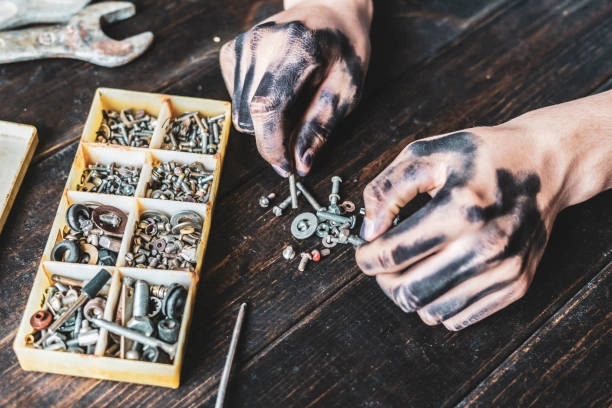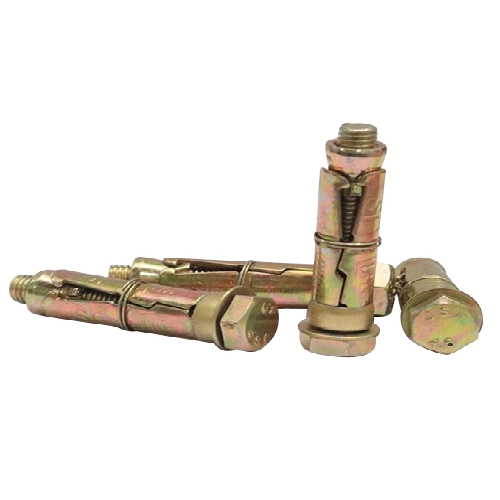When it comes to construction and home improvement projects, selecting the right type of screw is essential for ensuring durability and strength. Drywall screws and wood screws are two commonly used fasteners, but they serve different purposes and have distinct characteristics. Understanding their differences will help you choose the right one for your project.
What Are Drywall Screws?
Drywall screws are specifically designed for securing drywall sheets to wooden or metal studs. They are known for their:
- Thin, sharp threads that allow easy penetration into drywall without damaging it.
- Bugle-shaped heads that help them sit flush against the surface, preventing tearing or breakage.
- Black phosphate coating which provides slight corrosion resistance and better grip with drywall compound.
- Available in fine-thread and coarse-thread varieties, depending on whether they will be used with metal or wooden studs.
When to Use Drywall Screws
- Hanging drywall sheets on walls or ceilings.
- Attaching light materials to wooden or metal framing.
- Projects requiring a flush, smooth finish after installation.
For more details on choosing the right fasteners for your project, check out our guide on selecting screws.
What Are Wood Screws?
Wood screws are designed specifically for joining pieces of wood together. Their features include:
- Coarse, deep threads that grip wood fibers tightly, preventing loosening over time.
- Flat or oval heads that can either sit flush with the wood or be countersunk for a smooth finish.
- Various coatings and materials such as brass, stainless steel, and zinc-plated steel, enhancing corrosion resistance.
- Tapered shanks that reduce splitting when driven into wood.
When to Use Wood Screws
- Assembling wooden furniture and cabinets.
- Constructing wooden frames or joints.
- Attaching hardware to wood surfaces.
- Outdoor woodwork when using corrosion-resistant wood screws.
Check out our wood screws collection for high-quality options.
Key Differences Between Drywall Screws and Wood Screws
Drywall screws are best for attaching drywall to studs, whereas wood screws are designed for creating strong, long-lasting joints in wooden materials. Drywall screws have a bugle head and are more brittle, making them unsuitable for heavy loads, while wood screws have deep threads that offer a superior grip in wood, reducing the chances of splitting.
Which One Should You Choose?
- If you are installing drywall, always opt for drywall screws, as they are designed to prevent damage and ensure a secure fit.
- If your project involves joining wood, wood screws offer better strength and grip, reducing the risk of splitting.
- Never use drywall screws in place of wood screws for load-bearing applications, as they can snap under pressure.
To avoid common mistakes while choosing fasteners, visit our guide on common fastener mistakes.
Additional Tips for Using Screws Effectively
- Pre-drill pilot holes when working with wood screws to prevent splitting.
- Use a drywall screw gun for quick and accurate drywall installation.
- Choose corrosion-resistant screws if your project is exposed to moisture or outdoor conditions.
- Consider screw length—it should penetrate at least half the thickness of the material being fastened.
Where to Buy High-Quality Screws?
At Raj Industries, we provide a wide range of premium-quality drywall and wood screws for all your construction needs. Whether you need bulk supplies or specialized screws, our products ensure durability, strength, and precision.
📢 Need expert advice on choosing the right fasteners? Explore our collection of drywall and wood screws today!







